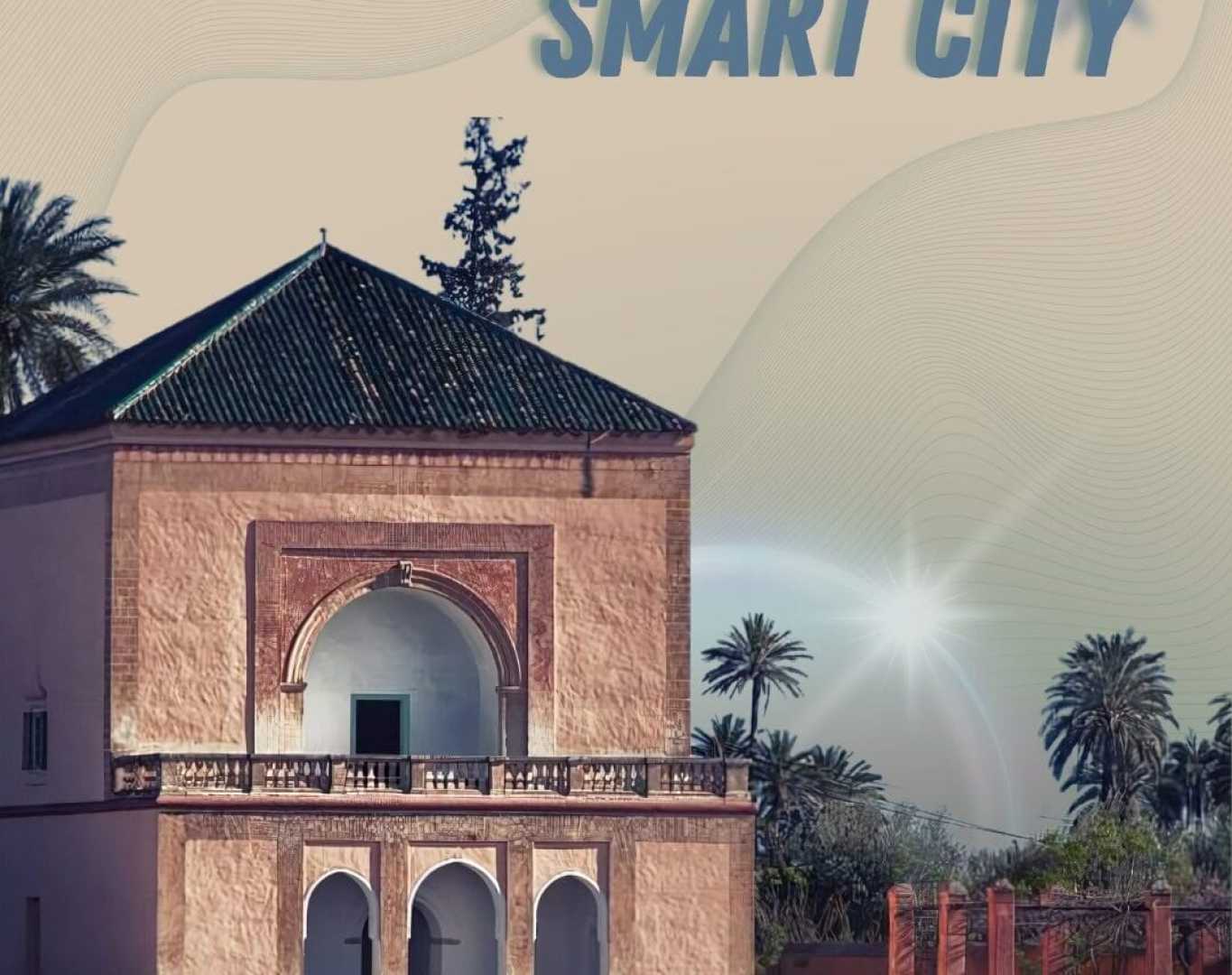Tech
Morocco Mandates Fiber Optic for New Construction Projects

Marrakech, Morocco – During an oral questions session at the House of Councillors last Thursday, Minister of Digital Transition and Administrative Reform Amal El Fallah Seghrouchni announced that Morocco has made fiber optic equipment mandatory for all new construction projects and housing developments.
The joint ministerial decree, adopted in September, aims to guarantee high-speed connectivity from the initial planning phases. “New constructions will now be directly connected to fiber optic networks,” Seghrouchni stated, noting that this measure will facilitate access to high-quality digital services and ultra-fast speeds.
This announcement comes as Morocco’s 5G network deployment achieves remarkable early success. Just seven days post-launch, approximately 60 cities nationwide are already covered by the new technology. The rollout relies on 6,000 operational base stations, with plans to reach 8,200 stations by December 31.
Seven million compatible devices, which include smartphones and tablets, have connected to the 5G network, indicating rapid user adoption across the country. The three national operators have introduced 100 commercial offers, covering both prepaid and postpaid segments. For prepaid services, subscribers now receive 11 GB instead of the previous 5 GB for MAD 50, reflecting a 120% increase.
Postpaid packages have shown at least a 20% data increase while maintaining the same prices. These improvements apply to both 4G and 5G services. Operators have also begun integrating multimedia content services into their packages, including Netflix and music streaming platforms.
Maroc Telecom clients specifically benefit from offers that integrate beIN Sports platform services, StarzPlay, and Glovo Prime. Seghrouchni revealed that her department is working to connect 6,300 administrative sites to fiber optic networks by 2026.
Infrastructure sharing between operators has improved service quality while lowering costs, leading to a 20% decrease in fiber optic tariffs. The introduction of 1-gigabit-per-second offers marks the first of its kind in Morocco. The country currently has nearly 4 million FTTH (fiber to the home) lines distributed among the three national operators, with numbers continuing to grow due to competition.
During a recent parliamentary session, Seghrouchni confirmed that the 5G launch already covered 50 Moroccan cities without any price increases. Internet data allowances for some subscriptions increased from 30 to 50 GB at no additional cost, making services more accessible to the population.
The minister stated that the deployment does not distinguish between rural and urban areas, depending solely on infrastructure readiness. Seghrouchni described the 5G launch as a strategic step in developing national digital infrastructure and enhancing Morocco’s leading role in communications and digital transformation across Africa.
Additionally, Seghrouchni announced that her ministry is redesigning the backend interface of the “Idarati” platform to integrate new digital services aimed at simplifying procedures for documentation officials.
The ministry has prepared a draft law for digitizing administrative services to establish guidelines for designing and delivering these services. The “Morocco Digital 2030” strategy seeks to cover 70% of the population with 5G and connect 5.6 million homes to fiber optic networks by the decade’s end, as part of the National High and Very High-Speed Broadband Plan.
Seghrouchni positioned these initiatives as decisive advancements toward Morocco’s digital sovereignty, supporting a transition to a sustainable digital economy with green data centers and secure cloud services accessible to all.












